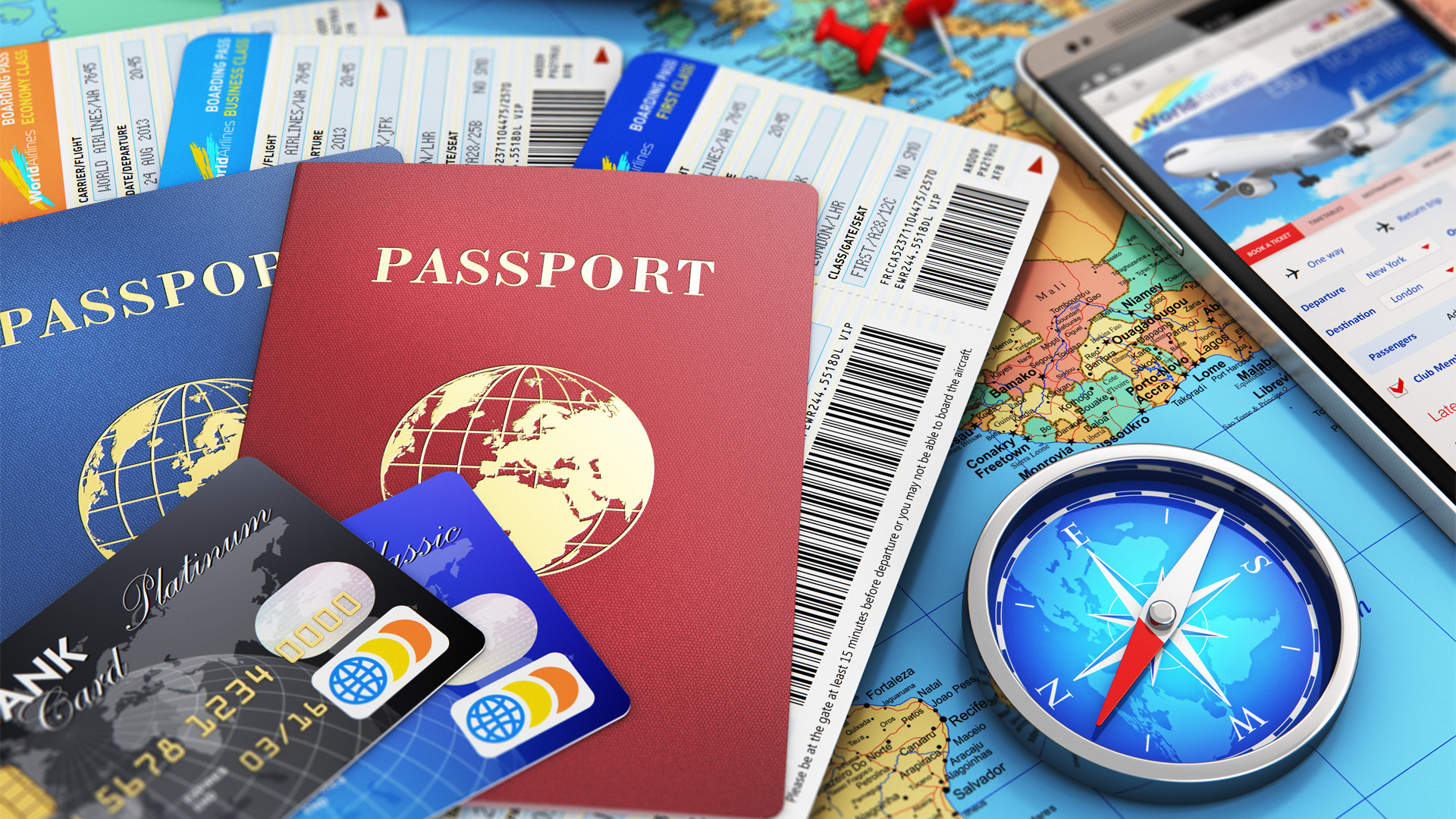Foreign Business Travel
It is worthwhile to visit overseas markets before you conclude an export deal. Many foreign markets differ greatly from the U.S. market. Learn about cultural nuances that may affect the design, packaging, or advertising of your product in another country.
Traveling abroad can also generate new customers. Your business partners or customers may prefer to conduct business in person first.
Prepare by meeting travel requirements, planning an itinerary and learning about the Business Culture.
All international travelers are required to have proper documentation before leaving the United States. You must have a current U.S. passport, visas from certain host countries, and in some instances vaccination records.
Travel Requirements
Start preparing early. Businesses should allow at least 6 to 8 weeks to acquire all the necessary documents.
Passports:
- All travel outside the United States and its possessions requires a valid U.S. passport. Information is available from the nearest local passport office.
- You can also get information on passports, applications, and renewals from the U.S. Department of State. If you are in a hurry, express service is available for a fee.
Visas:
- Many countries require visas, which cannot be obtained through the U.S. Passport Services Directorate.
- Visas are provided by a foreign country’s embassy or consulate in the United States for a small fee. You must have a current U.S. passport to obtain a visa, and in many cases, a recent photo is required.
- Allow several weeks to obtain visas, especially if you are traveling to developing nations.
- Some foreign countries require visas for business travel, but not for tourist travel. When you request visas from a consulate or an embassy, you should notify the authorities that you will be conducting business.
- Check visa requirements each time you travel to a country, since regulations change periodically.
Vaccinations:
- Requirements for vaccinations differ by country. Although there may not be any restrictions on direct travel to and from the United States, there may be restrictions if you travel indirectly and stop over in another country before reaching your final destination.
- Although not required, vaccinations against typhus, typhoid, and other diseases are advisable.
- Check the Centers for Disease Control and Prevention (CDC) website for current conditions by country and region.
Foreign Customs and Travel Advisories:
- Because foreign customs regulations vary by country, find out which regulations apply to each country you plan to visit.
- If you’re bringing a product for demonstration or sample purposes, an ATA carnet may be helpful.
- Find out if there are travel advisories issued by the U.S. Department of State for the countries you plan to visit. Advisories alert travelers to potentially dangerous in-country situations.
Other Tips:
- Prepare for different weather conditions. Seasonal weather conditions in the countries could be different from conditions at home.
- Address health care issues. Plan appropriately with respect to prescription drugs, health insurance, vaccinations, and other matters, including dietary needs and preferences.
- Think about money. U.S. banks can provide a list of automatic teller machines overseas, exchange rates, and traveler’s checks.
Planning an Itinerary
A well-planned itinerary enables you to make the best use of your time abroad. Although traveling is expensive and your time is valuable, an overloaded schedule can be counterproductive.
Check if a travel agent service is right for you. They can arrange transportation and hotel reservations quickly and efficiently. They can also help plan your itinerary, obtain the best travel rates, explain which countries require visas, advise on hotel rates and locations, and provide other valuable services. Because hotels, airlines, and other carriers pay the fees charged by travel agents, this assistance and expertise may be available at no charge to you.
As you plan your trip, remember to:
- Obtain the names of possible contacts and arrange appointments. Confirm the most important meetings before you leave the United States. The U.S. Commercial Service business matchmaking services can help.
- Determine whether an interpreter will be required and, if so, make all necessary arrangements before arriving. Business language is generally more technical than the conversational speech that many travelers can handle — and mistakes can be costly. The U.S. Commercial Service can assist in locating qualified translators.
- Keep your schedule flexible enough to allow for both unexpected problems (such as transportation delays) and unexpected opportunities. However, be sure not to miss a scheduled meeting due to an unscheduled invitation.
- Consider transportation. Be aware of public and private transportation available in each country you’ll be visiting and have a plan for getting around. Make arrangements (e.g., hiring a driver) before you arrive.
- Find out about the electrical current in each of your destinations. A transformer, plug adapter, or both may be needed to demonstrate company products, as well as your own electronics—such as laptops or tablets for presentations.
- Confirm the normal workdays and business hours in the countries you will visit. In many Middle Eastern countries, for instance, the workweek typically runs from Saturday to Thursday. Lunchtimes that last 2 to 4 hours are customary in many countries.
The Country Commercial Guide (CCG) is a great resource for understanding the business environment in another country. There are CCGs for more than 120 countries and each includes a chapter on Business Customs and Travel.
